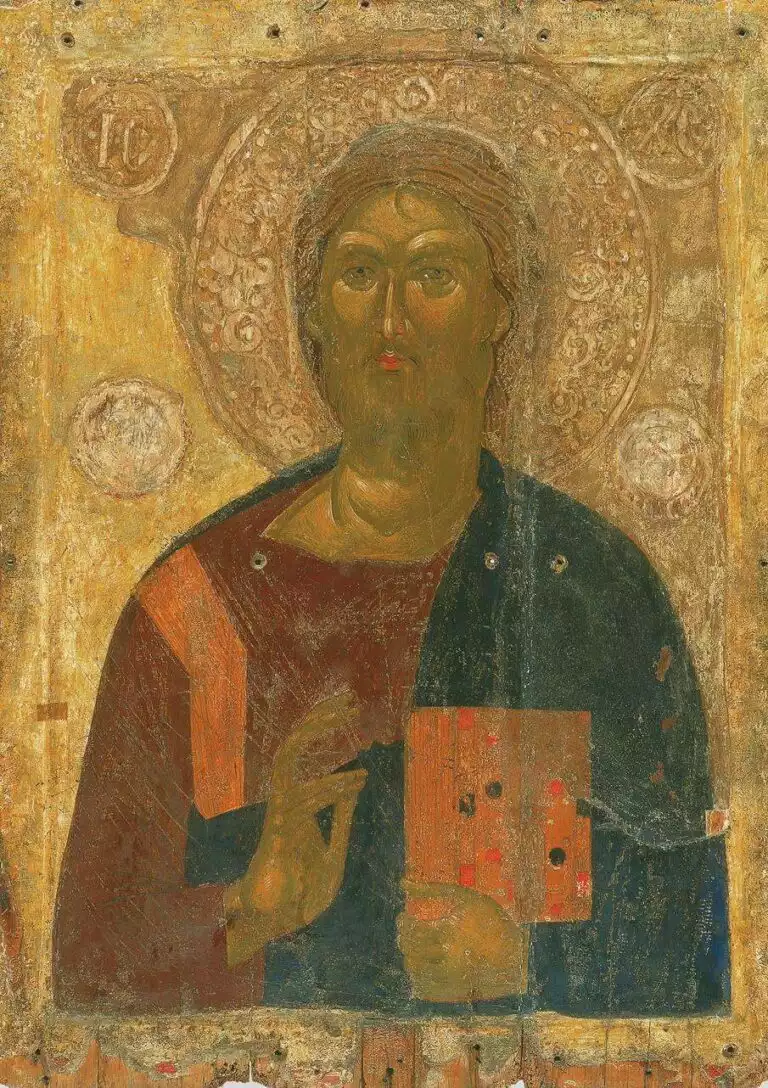
Kyrie Eleison, a profound phrase meaning “Lord, have mercy” in Greek, is a cornerstone of Christian liturgy and prayer. With its roots deeply embedded in the Christian tradition, this invocation has been a resonant plea for God’s compassion and forgiveness across various denominations. Its presence in religious texts and hymns underscores a universal appeal for divine benevolence and grace. This simple yet powerful expression encapsulates a profound spiritual longing and humility. It represents a heartfelt supplication for mercy, not only for the individual but for all humanity, echoing through centuries of worship and personal devotion.
Etymological and Typological Analysis
Etymologically, “Kyrie Eleison” originates from the Greek language, with ‘Kyrie’ translating to ‘Lord’ and ‘Eleison‘ meaning ‘have mercy.’ This plea for mercy is not just a simple request but a profound acknowledgment of human fallibility and the need for divine grace. In a typological sense, it serves as a bridge connecting humanity with the divine, reflecting a deep-seated yearning for spiritual guidance and support.
Throughout the Bible, the phrase echoes a common theme of seeking God’s mercy in times of distress or spiritual need. It is notably present in various passages, illustrating its significance in Biblical context.
Biblical Presence and Usage
The invocation “Kyrie Eleison” is intricately woven into the fabric of the Bible, serving as a recurring theme of supplication and humility before God. Its usage spans both the Old and New Testaments, reflecting a timeless plea for divine intervention and compassion.
In the Old Testament, similar pleas for mercy are evident in the Psalms. For instance, Psalm 123:3 implores, “Have mercy upon us, O Lord, have mercy upon us.” This sentiment encapsulates the essence of ‘Kyrie Eleison,’ highlighting humanity’s perpetual dependence on God’s mercy.
The New Testament further amplifies this invocation. The Gospels frequently depict individuals crying out to Jesus for mercy, as seen in Matthew 9:27, where two blind men follow Jesus, pleading, “Son of David, have mercy on us!” This direct appeal resonates with the Kyrie Eleison’s spirit, emphasizing a recognition of Jesus as a source of divine mercy and healing.
Moreover, the phrase’s incorporation into early Christian liturgies, as evidenced by writings of church fathers like St. John Chrysostom, signifies its integral role in worship and prayer. It transcends mere words, embodying a deeper spiritual longing for God’s presence and guidance.
In summary, ‘Kyrie Eleison’ is not only a plea for mercy but a profound expression of faith and dependence on God. Its presence throughout the Bible underscores its enduring relevance in Christian spirituality, resonating across centuries as a heartfelt appeal to the divine.
Liturgical and Contemporary Use
Kyrie Eleison’s liturgical use is deeply embedded in Christian worship. Traditionally, it forms an integral part of the Divine Liturgy in Eastern Orthodoxy and the Mass in Roman Catholicism. This invocation is typically chanted or sung, often as a response by the congregation to the prayers of the clergy. The repetitive nature of Kyrie Eleison in liturgy symbolizes a persistent, heartfelt plea for God’s mercy and underlines its significance in communal worship.
In contemporary Christian practice, Kyrie Eleison has transcended denominational boundaries. It finds a place in the Anglican, Lutheran, and Methodist liturgies, indicating its universal appeal in Christian worship. Modern hymns and Christian music often incorporate this phrase, reflecting its enduring resonance with believers. Additionally, its use in personal prayer highlights its role as a tool for spiritual reflection and connection with God.
Kyrie Eleison, translating to “Lord, have mercy,” is a vital component of Christian tradition. From its etymological roots in Greek to its widespread use in Biblical texts and Christian liturgy, this phrase embodies a universal plea for divine mercy. Its presence in various denominations’ worship practices testifies to its enduring significance in Christian spirituality. Kyrie Eleison serves as a bridge between humanity and the divine, a reminder of the constant need for God’s grace and mercy in the journey of faith.
References
- “Kyrie Eleison.” Dictionary.com. Accessed December 23, 2023.
- “Κύριε ελέησον.” Lexigram.gr. Accessed December 23, 2023.
- “Kyrie Eleison.” Oxford English Dictionary. Accessed December 23, 2023.
- Taft, Robert. “The Byzantine Rite: A Short History.” Liturgical Press, 1992.
- Turner, Paul. “The Origins and Evolution of the Kyrie in the Roman Mass.” Worship Magazine, 2010.
